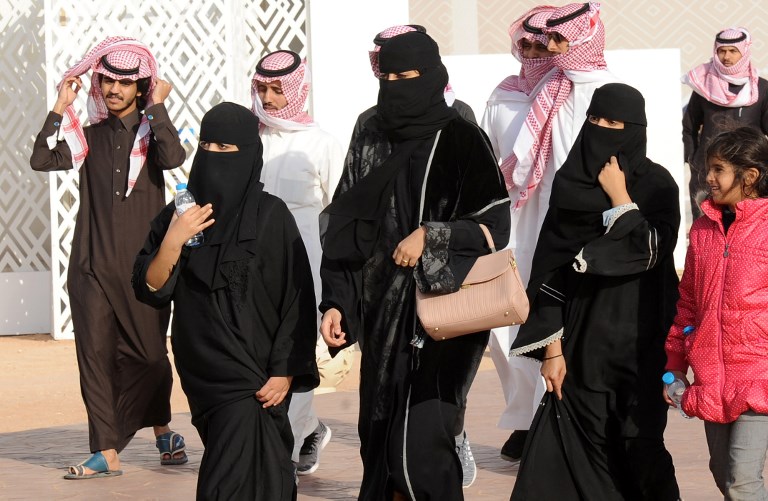waynethomasyorke.com – The societal liberalization in Saudi Arabia, spearheaded by Crown Prince Mohammed bin Salman, has brought about significant changes in the lives of women, particularly in the realms of employment, social freedoms, and economic empowerment. This shift is part of the broader Vision 2030 initiative, which aims to modernize the kingdom and diversify its economy away from oil dependency.
Employment and Economic Empowerment
One of the most notable impacts of liberalization has been the increase in women’s participation in the workforce. The percentage of women working outside the home has almost doubled in the last five years, reaching 32% from nearly 18%. Women are now employed in various sectors, including as customs officials, client relationship managers, and hostesses at restaurants, indicating a broader acceptance and integration into professional roles previously dominated by men.
Social Freedoms
Socially, the reforms have allowed women greater freedoms in public spaces. They can now attend certain sporting events at stadiums, which was previously forbidden, and no longer need to use separate entrances from men in many establishments. The liberalization also includes the ability for women to apply for passports, live by themselves, and travel on their own, marking a significant shift from the previous guardianship system that required male permission for such actions.
Cultural Changes
Culturally, the changes are evident in the fashion industry, where colored abayas and more relaxed dress codes are becoming the norm. This shift reflects a broader relaxation in traditional dress codes, although there is still a conservative undercurrent that limits the extent of this change.
Challenges and Uneven Progress
Despite these advancements, the progress is uneven. The guardianship system, while somewhat relaxed, still requires women to obtain permission from male guardians for certain actions, such as marriage and business ownership. Additionally, the pace of change has led to cultural and social tensions, with some Saudis feeling that the reforms are too rapid and potentially disrespectful of traditional values.
Economic Impact
Economically, the reforms have been beneficial, with women’s increased participation in the workforce contributing to a more dynamic and diverse economy. This shift is part of the broader goal of Vision 2030 to diversify the economy and reduce reliance on oil.
Conclusion
The societal liberalization in Saudi Arabia has had a profound impact on women, providing them with greater freedoms and opportunities in both the public and private spheres. However, the path to full equality is still fraught with challenges, including the persistence of certain traditional restrictions and the need for further reforms to address the uneven progress. As the kingdom continues to evolve, the role of women in Saudi society is likely to become even more prominent, reflecting a broader shift towards modernity and gender equality.
